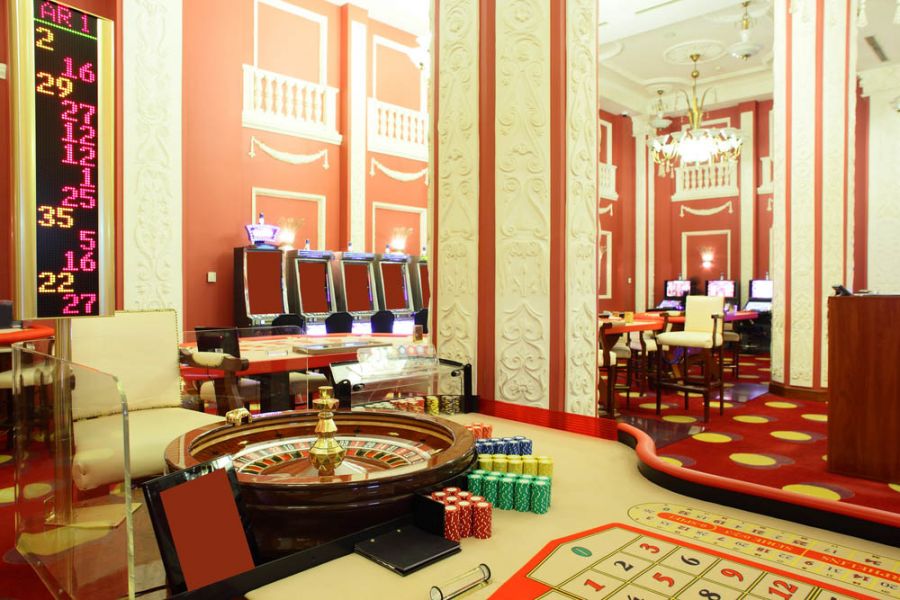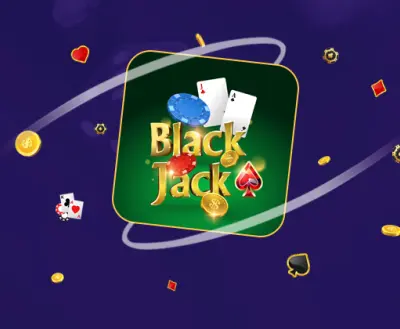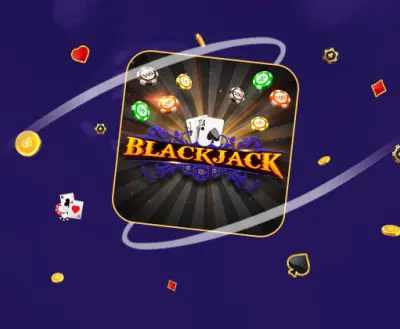
Music is an often-overlooked part of creating a successful game. Regardless of the format, the platform or the objective, music does a lot more than just lay down some background entertainment. In fact, in some settings, it can prove all-important, and can even shape the performance of players in several interesting ways.
Perhaps one of the best case studies for how music affects gamers can be seen with casinos and gambling games such as the classic Danger High Voltage slot game which is based on the music band Electric Six. This is where music has been shown to have a direct link to gaming revenues and for this reason, both land-based and online casinos rely on music and sound effects to shape their playing experience to their own advantage. Another great example is the slot Reel king which uses sound as a means of suspense when the bonus symbols land on the reels. (You can read about our favourite music themed slots here).
But how does music impact on the psychology of the casino gamer, and can the sounds you’re hearing really have that much influence on your actions and behaviours?
Creating an Atmosphere

Music is of course a key mood setter. Think about walking into a nightclub and what you expect to hear – probably heavy bass, fast tempo music, depending on the type of establishment you’re walking in to. The same is true in gaming – there are expectations around a game’s sound designed to give you an impression, or an atmosphere while you’re playing.
So in a frantic, crazy game, you might expect to hear some fast, manic music. Or, in a more relaxed gameplay mode, perhaps something with a slower pulse, or a lighter rhythm. For most players, this is something you rarely notice until there is dissonance – playing the wrong music in the wrong place becomes irritating, and attracts attention to it, rather than tying in with the mood and atmosphere the developers want players to sense as they progress through the game.
In a casino setting, this is all too important. Like any entertainment venue, setting the right mood with background music is crucial to making people feel relaxed and welcome. But when there’s money on the line, these factors start to become a variable on the bottom line.
Influencing Betting Habits & Turnover

The same principles are applied in the world of gambling to shape betting habits, and to actually increase gambling turnover. Think of a luxurious casino resort for a moment. Relaxing jazz music in the background is likely to encourage players to stick around and bet at a leisurely pace – ideal for those playing slots, or likely to be enjoying longer gaming sessions. Contrast that with playing rapid music, or a more upbeat soundtrack – this has been demonstrated to make gambling behaviour more erratic, and increases the frequency with which players place wagers. So it might be the case that playing something faster around the roulette tables leads to higher gaming revenues for the casino.
For the most part, players aren’t aware of the level or depth of effect background music has on their behaviour. Yet the statistics don’t lie, and changing music and the sound environment has been shown to have a direct impact on how gamers feel and interact with the games they are playing.
Music and Sound Effects
It’s not just music, but also sound effects that influence gamer decision making. On the casino floor, this might be the sound of coins hitting the machine as they payout, a signal to all on the casino floor that there’s been another winner. In some cases, this is event accentuated by bells, alarms and flashing lights. The casino wants to leave you in no doubt that a player has had a potential win, in the hope that convinces you to try your luck for just another couple of spins.
The same applies to online casino games, where the sound effects can make players feel as though they are in a realistic casino environment on the one hand, or that they have a chance of playing for a big money slot, for example. These impressions, created entirely by sound, then have a significant bearing on how players choose to bet, which can be felt in a game’s gambling revenues.
While gambling games are perhaps the easiest to track in terms of player behaviour around music, the same principles apply to music in all types of gaming, as well as in film, TV and wider leisure settings. Too-often underestimated, the power of music to shape human decision making and behaviour is profound.








